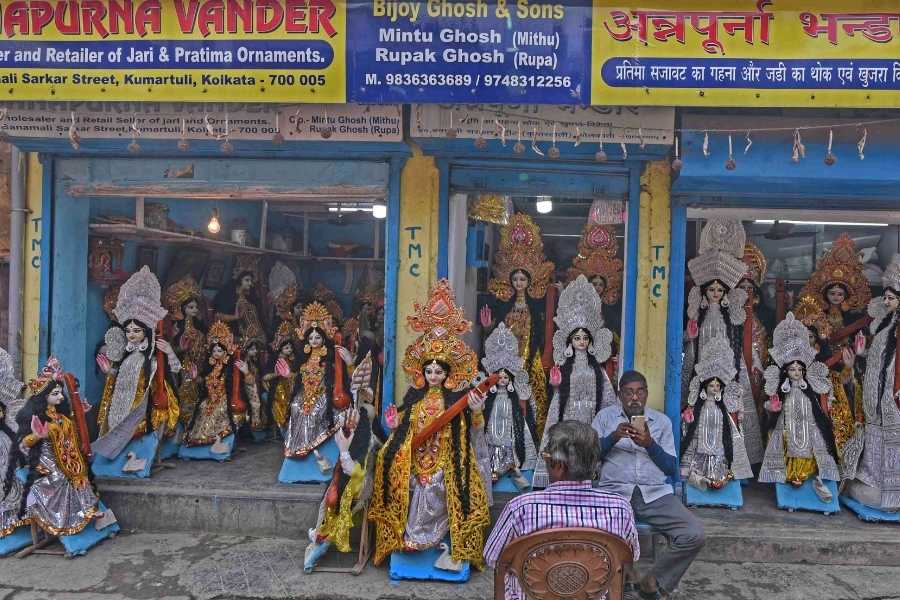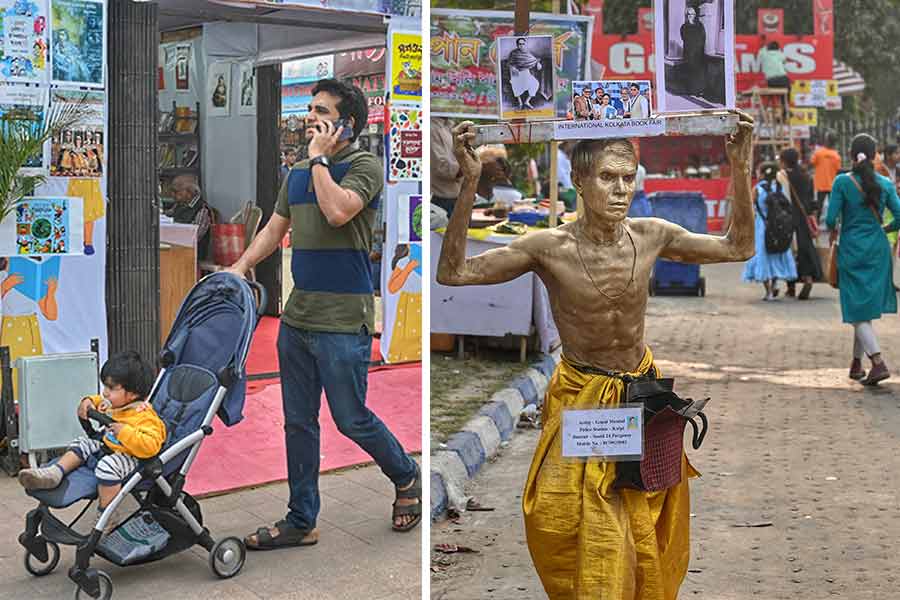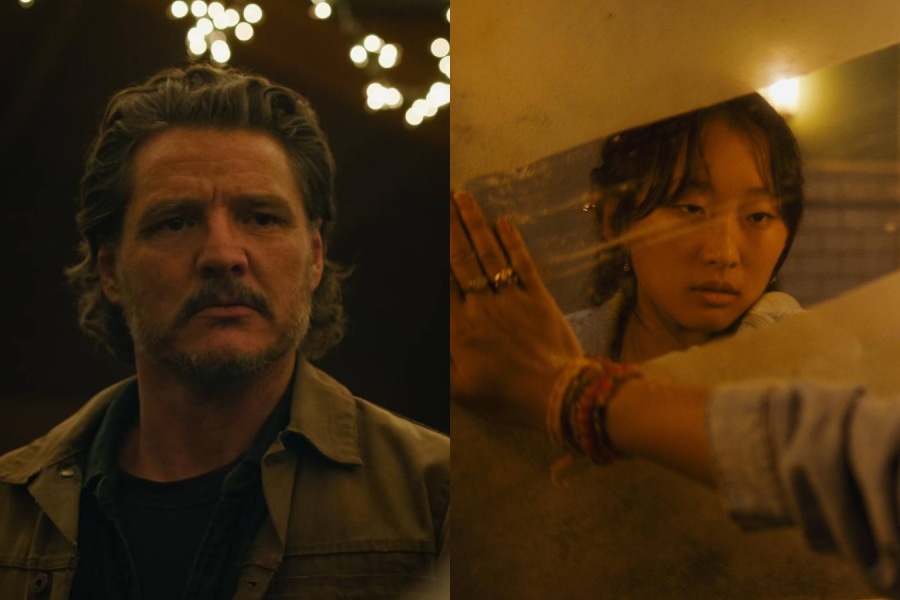 Friday, 31 January 2025
Friday, 31 January 2025
 Friday, 31 January 2025
Friday, 31 January 2025
Renowned filmmaker Shyam Benegal, a pivotal figure in Indian parallel cinema, passed away on December 23 at the age of 90. His illustrious career is marked by numerous critically acclaimed films that stand out for their nuanced storytelling, deep social consciousness, and realistic portrayal of Indian society. Here are some of his most notable works that you can stream online.
Ankur (1974)
Theme: Social hierarchy, caste dynamics and human relationships
Lakshmi (Shabana Azmi), a Dalit woman gets married to Kishtayya (Sadhu Meher), a mute alcoholic potter. When Surya (Anant Nag), the son of the village landlord, returns from the city, he takes over village affairs and begins to develop an attraction towards Lakshmi, who works for him. The two have an affair, leading to Lakshmi’s pregnancy, complicating her relationship with Kishtayya. Ankur won three National Film Awards in 1974 and was nominated for the Golden Bear at the 1975 Berlin International Film Festival.
Where to watch: YouTube
Nishant (1975)
Theme: Abuse of power and moral corruption
Nishant unfolds in a village where Anna (Amrish Puri), the local zamindar (landlord), and his family call the shots. When the zamindar’s brother Vishwam (Naseeruddin Shah) abducts a schoolteacher’s (Girish Karnad) wife, Sushila (Shabana Azmi), the villagers initially remain silent out of fear. The film builds to a climactic rebellion, questioning societal complicity in systemic oppression. Nishant won the National Film Award for best feature film in Hindi and also competed for the Palme d’Or at the 1976 Cannes International Film Festival.
Where to watch: YouTube
Manthan (1976)
Theme: Rural empowerment and dairy cooperative movement
Crowdfunded by 5,00,000 farmers, Manthan is based on the real-life success of India’s dairy cooperative movement. The film follows Dr. Rao (Girish Karnad), a veterinarian tasked with establishing a dairy cooperative in a conservative village, facing caste divisions and resistance from local elites. Rao seeks to gain trust among villagers, with the help of feisty Bindu (Smita Patil), and Bhola (Naseeruddin Shah), the leader of Dalits. Manthan won the 1977 National Film Award for best feature film in Hindi. It was India’s entry for the best foreign language film at the Oscars.
Where to watch: ZEE5
Bhumika (1977)
Theme: Female agency and personal freedom
Inspired by the memoirs of Marathi actress Hansa Wadkar, Bhumika portrays the turbulent life of Usha (Smita Patil), a film star from Goa. Raised in a traditional family, Usha escapes her abusive home with Keshav (Amol Palekar), who brings her to Bombay, where she rises to fame. Despite her success, Usha’s personal life unravels as she marries Keshav, who becomes a controlling manager and is jealous of her growing popularity. Bhumika won two National Film Awards and was invited to the Chicago Film Festival, where it was awarded the Golden Plaque 1978.
Where to watch: Amazon Prime Video
Junoon (1978)
Theme: Love and cultural clashes in the backdrop of Indian independence struggle
Junoon is based on Ruskin Bond's novella A Flight of Pigeons, set during the 1857 uprising. The story follows Javed Khan (Shashi Kapoor), a reckless Muslim Pathan feudal lord, whose obsession with carrier pigeons contrasts with his politically awakened brother-in-law, Sarfaraz Khan (Naseeruddin Shah), who leads resistance against the British. Javed takes Miriam (Jennifer Kendal) and her daughter Ruth (Nafisa Ali) captive after a massacre in a church, leading to cultural tensions and jealousy, especially with his wife Firdaus (Shabana Azmi). Junoon won three National Film Awards in 1979 including best feature film in Hindi.
Where to watch: Dailymotion
Mandi (1983)
Theme: Politics, morality, and marginalised women
Set in a brothel run by Rukmini Bai (Shabana Azmi), Mandi critiques the hypocrisy of a society that uses and ostracises sex workers. As the brothel faces eviction due to a local politician’s efforts, it relocates and thrives near a Dargah. The film’s ensemble cast includes Smita Patil as a classical singer who lives in the brothel, Neena Gupta as Zeenat, Kulbhushan Kharbanda as the brothel’s landlord, and Naseeruddin Shah as Rukmini Bai’s assistant. Benegal delivers sharp social commentary through humour and satire in the film. Mandi won the 1984 National Film Award for best art direction.
Where to watch: Amazon Prime Video
Sardari Begum (1996)
Theme: Generational family dynamics, social morality
Sardari Begum revolves around the life of a renowned singer and courtesan and the complex relationship she shares with her family. The story begins with the death of Sardari (Kirron Kher) during a riot, prompting her niece, Tehzeeb (Rajina Raj Bisaria), a reporter, to investigate her life. As Tehzeeb uncovers Sardari’s rebellious past, she learns of her aunt’s struggles for artistic freedom, her troubled marriage, and the exploitation she faced from her husband, Sadiq (Rajit Kapoor). The film won three trophies at the 1997 National Film Awards.
Where to watch: Amazon Prime Video
Zubeidaa (2001)
Theme: Love, ambition, and societal expectations
This tragic romance follows Zubeidaa (Karishma Kapoor), a spirited woman who becomes a royal consort but struggles to reconcile her desires amid constraints of tradition. The film is narrated by her son (Rajat Kapoor), who pieces together her story from her diaries. Zubeidaa is a deeply emotional tale that reflects the sacrifices women often make for love and acceptance. It won the 2001 National Film Award for best feature film in Hindi.
Where to watch: Amazon Prime Video.
Special mention:
Shyam Benegal’s filmography extends beyond these titles. Not available for streaming online, films like Trikal (1985) explore nostalgia and the clash of tradition and modernity in Goa, while Kalyug (1981) reimagines the Mahabharata in a contemporary corporate setting, highlighting the moral dilemmas of power and politics. Mammo (1994) tells the story of a Pakistani woman’s struggle to live in India with her relatives.







